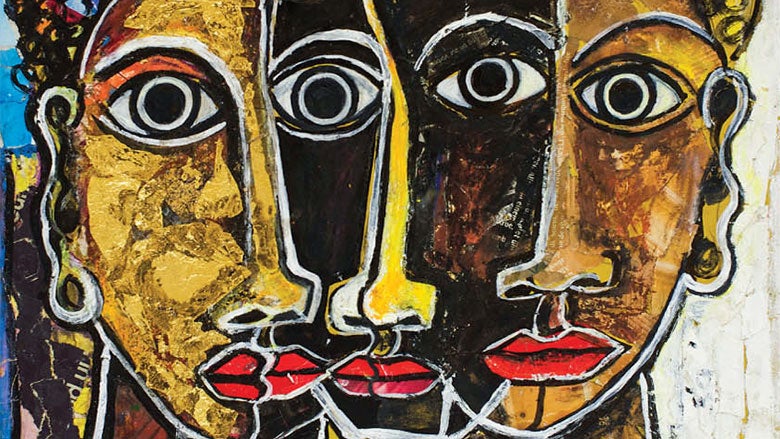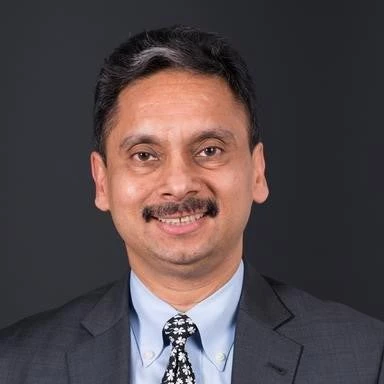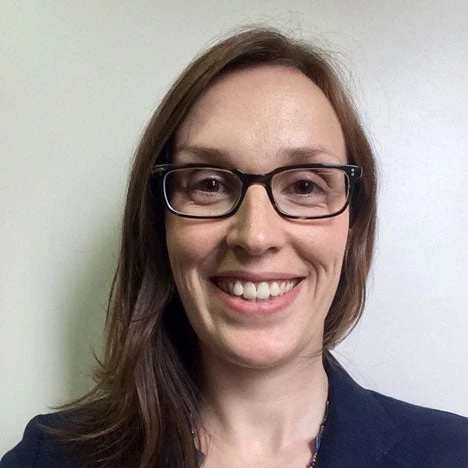
On October 17, 2017, End Poverty Day, 33 World Bank offices in Africa came together to talk about poverty and social inclusion. We were excited of course, but were totally unprepared for what we saw! The 750 “in-person” participants in the field offices could not get enough of the discussion. Every country made brief but powerful, and highly inspiring, presentations on social inclusion. They highlighted the work of a host of actors—civil society organizations, local communities, faith-based organizations, youth groups, government agencies, and World Bank staff—to make a real difference in the lives of some of the most excluded people in Africa, such as people with albinism, orphans, street children, and women who experience gender-based violence (GBV).
What did we learn?
Ending global poverty will require urgent, decisive action in Africa, and a social inclusion lens will be indispensable to accomplish this. There are efforts being made all across the continent by governments, the private sector, and development partners to promote access to education, economic opportunities, and civic engagement, with the potential to lift large number of people out of poverty.
However, as things stand, several groups in Africa are not able to make use of these opportunities because of who they are. They face exclusion based on their identity—just, for example, because they have a physical disability or because they are forcibly displaced, or have been victims of sexual and gender-based violence. This leads to their lower social standing and inferior outcomes for them, too, on income, endowments of human capital, access to employment and services, and on voice in national and local decision making.
Consider some of these facts:
- 46 percent of the women in Africa have experienced some form of sexual violence (World Health Organization 2013);
- Africa is hosting 5.1 million refugees (UNHCR 2017), with dire consequences for the living conditions of both refugees and host communities;
- The almost 1 in 10 working-age adults in Africa who have a disability face stigma and discrimination, leading to their lower education and labor market outcomes (Mitra et al. 2011, 2013).
A strong focus on social inclusion is an essential step in the effort to level the playing field for these and other vulnerable groups.
So, what needs to be done?
Moving towards social inclusion means improving the ability, opportunity, and dignity of the excluded groups to take part in society. Fortunately, we at the World Bank have some experiences to build upon:
- Interventions in the Great Lakes region and Uganda are focusing on the prevention and response to gender-based violence (GBV). I have had the opportunity to talk to girls and women abused during the violent conflict in the South Kivu province of DRC. As part of a World Bank project, they are provided medical, legal, psycho-social and economic support to help them recover and rejoin their communities as active, productive members of society.
- A regional project in the Horn of Africa is responding to the needs of host communities to enable them to absorb and work with refugees and internally displaced persons better.
- Operations in several countries have supported the demobilization of ex-combatants and reintegration into their communities, providing them with skills training, access to credit, and other livelihood-related opportunities. I recently met several ex-combatants in Goma in the DRC, and heard first-hand how they had learnt new skills and were successfully running small businesses to support their families.
In these and other interventions, emphasis is placed on community-driven, participative processes, to make sure citizen engagement and voice are key mechanisms to help ensure inclusion.
To end poverty, we need to take such approaches to scale and tailor them to the specific needs of different groups. That is what I got a glimpse of in the presentations on Africa End Poverty Day. The infectious enthusiasm and excitement of local action groups in countries across Africa can be a powerful force for positive change. From their energy and palpable commitment, it seemed they wanted to go far beyond ending poverty, as difficult and challenging as that goal might be.
Each and every one of us should think, as I have been thinking since End Poverty Day last week, about how we can become better partners in this powerful campaign.
Go here if you want to learn more about social inclusion in Africa, and read our report “Inclusion Matters: The Foundation for Shared Prosperity.”
Learn more:
- Brief: Social Inclusion
- Brief: Social Inclusion in Africa
- Publication: Inclusion Matters: The Foundation for Shared Prosperity
- Subscribe to our Sustainable Communities newsletter



Join the Conversation